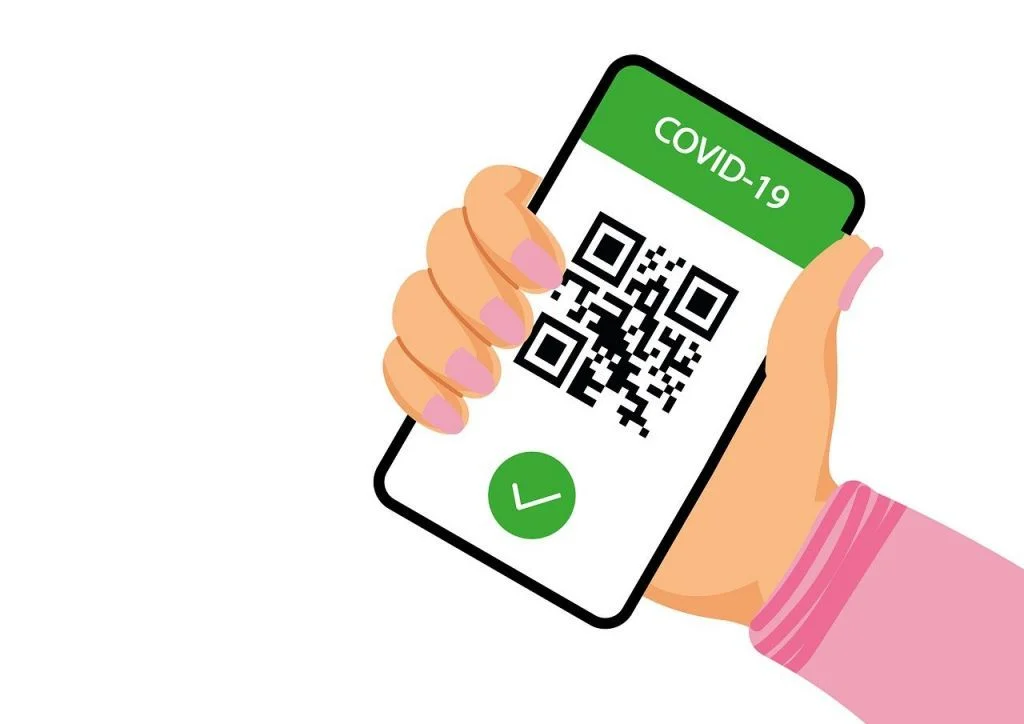The Government of Canada announced that effective April 1, 2022, at 12:01 AM EDT, fully vaccinated travelers will no longer need to provide a pre-entry COVID-19 test result to enter Canada by air, land, or water.
Fully vaccinated travelers seeking to arrive in Canada before April 1, 2022, must still have a valid pre-entry test.
However, travelers arriving in Canada from any country, who qualify as fully vaccinated, may need to take a COVID-19 molecular test on arrival if selected for mandatory random testing. Travelers selected for mandatory random testing are not required to quarantine while awaiting their test results.
For partially or unvaccinated travelers who are currently allowed to travel to Canada, pre-entry testing requirements are not changing. Unless otherwise exempt, all travelers 5 years of age or older who do not qualify as fully vaccinated must continue to provide proof of an accepted type of pre-entry COVID-19 test result:
- a valid, negative antigen test, administered or observed by an accredited lab or testing provider, taken outside of Canada no more than one day before their initially scheduled flight departure time or their arrival at the land border or marine port of entry; or
- a valid negative molecular test taken no more than 72 hours before their initially scheduled flight departure time or their arrival at the land border or marine port of entry, or
- a previous positive molecular test taken at least 10 calendar days and no more than 180 calendar days before their initially scheduled flight departure time or their arrival at the land border or marine port of entry. It is important to note that positive antigen test results will not be accepted.
All travelers continue to be required to submit their mandatory information in ArriveCAN (free mobile app or website) before their arrival in Canada. Travelers who arrive without completing their ArriveCAN submission may have to test on arrival and quarantine for 14 days, regardless of their vaccination status. Travelers taking a cruise or a plane must submit their information in ArriveCAN within 72 hours before boarding.
Jean-Yves Duclos, Minister of Health said, “Adjustments to Canada’s border measures are made possible by a number of factors, including Canada’s high vaccination rate, the increasing availability and use of rapid tests to detect infection, decreasing hospitalizations and growing domestic availability of treatments for COVID-19. As vaccination levels and healthcare system capacity improve, we will continue to consider further easing of measures at the borders-and when to adjust those measures-to keep the people in Canada safe.”
Omar Alghabra, Minister of Transport said, “Decreasing COVID-19 case counts, coupled with Canada’s high vaccination rates and strict vaccination requirements for travel, have set the stage for the next steps in our Government’s cautious and calibrated approach to safely easing the measures at our border. Lifting the pre-entry testing requirements for travellers to Canada will make it easier for Canadians to safely take advantage of emerging opportunities for personal and business travel, as Canada’s transportation system recovers from the pandemic.”
Randy Boissonnault, Minister of Tourism and Associate Minister of Finance said, “The health and safety of Canadians is our government’s top priority. As the pandemic situation changes domestically and abroad, so does our response. I especially want to thank Canada Border Services Agency employees for their tireless work over the past two years. We will always take action to secure our border and protect our communities, because that’s what Canadians expect.”













